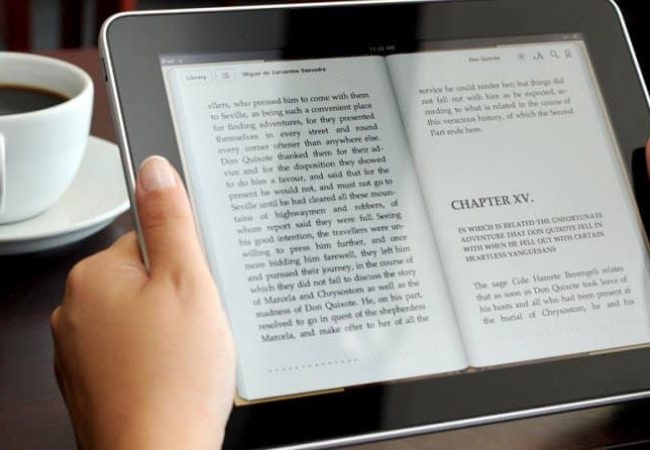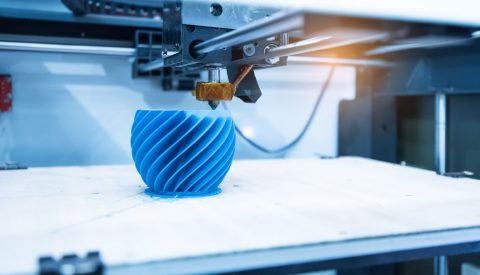The debate between e-readers and traditional books has been going on ever since e-readers became common in the marketplace several years ago, but there several things to consider when determining which is best suited to your needs. Let’s explore a few of those factors below.
Cost:
An e-reader has a higher up-front cost than a traditional book, however that cost only has to be paid once. After that one-time purchase, books can be bought through the vendors that serve the device, such as Amazon, Nook or obtained through a local library e-borrowing app.
Purchases through an e-reader have a few benefits over traditional books such as being able to read a book that is hard to find in paper form and they are typically cheaper than a hard copy. This is a great option for a new release, but can be a bit more complicated when you consider that second hand titles are often cheaper than their electronic counterparts. (It also gives you the opportunity to support local businesses while saving money at the same time!)
Convenience:
When you have an e-reader, it is much more convenient to purchase new books to read. Online bookstores are open 24/7, require only a few clicks or taps and your content is delivered instantaneously. In order to purchase or borrow a physical book, you have to make a trip to a bookstore or the library, hope they have it in stock or wait to have oneshipped, which can take a few days to a week or longer.
Another factor to consider for convenience is the ease of actually reading a book that you have purchased or borrowed. An e-reader allows you to select any book from your personal library all from one spot, whereas looking at your bookshelves at home can take more time. An e-reader that is backlit can make it much easier to read in dark conditions. An e-reader is also lighter to hold than a book for extended reading sessions.
Traditional books have an advantage over e-books when it comes to reference. It is much easier to flip back and forth between pages with a paper book without losing your spot. However, some e-readers enable owners to make notes, highlight and look up passages effortlessly, so it depends on what is most comfortable for the individual.
Durability:
A vast advantage for the e-reader is durability. Paper books are inherently fragile, whereas some e-readers are even waterproof these days. An e-reader also doesn’t suffer from issues with the binding, etc.
Conclusion:
I’ve barely scratched the surface of factors that might inform a decision to go with an e-reader or stick to paper books. Ultimately, the best decision may not be hard and fast one way or the other. Personally, I do still enjoy paper books a great deal, but the convenience of an e-reader leaves paper books in the dust, in many cases.




